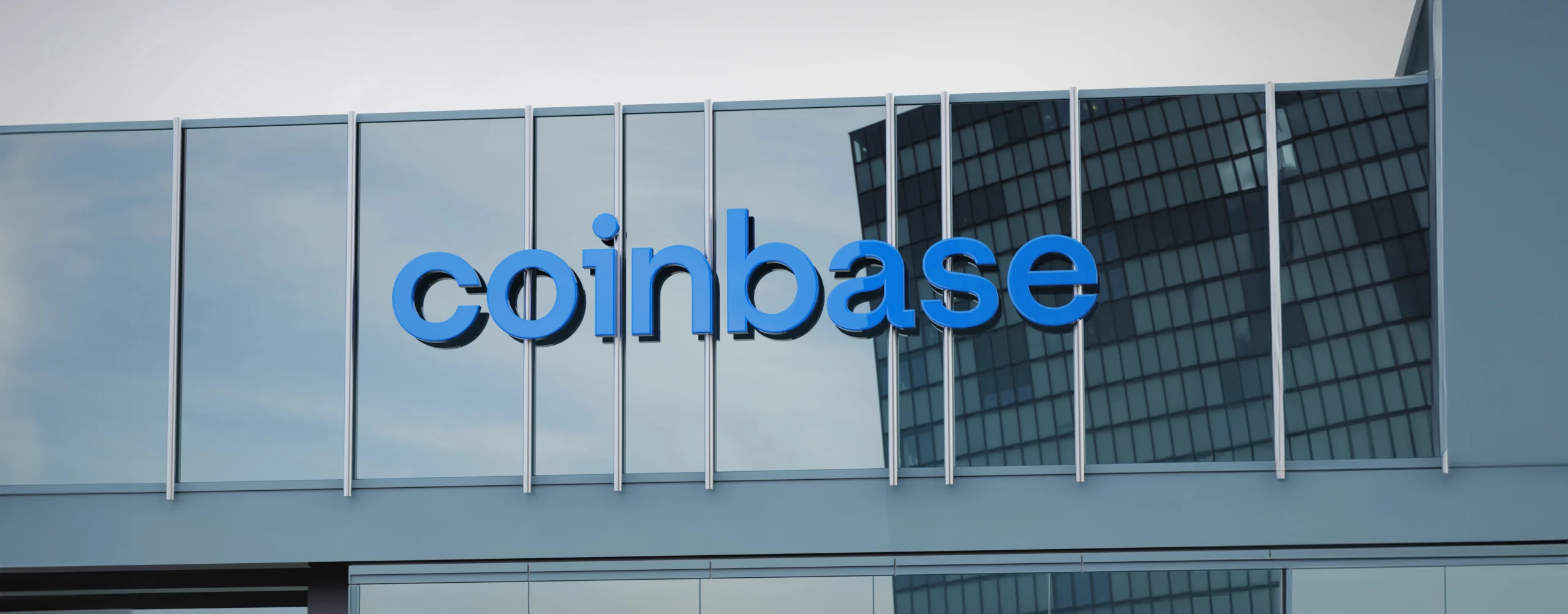|
Getting your Trinity Audio player ready...
|
Recent events in the BCH world point to small-time thinking and often conflicted vision. The project has struggled to raise funds to fund the protocol and service development, and its best-known backers are scaling back. It raises two questions: is small-time thinking appropriate for the times we live in; and does BCH really have any choice?
BCH’s most prominent corporate backers to date have been Bitcoin.com and Bitmain, with additional support from Chinese transaction processing networks like BTC.TOP and ViaBTC. Last week, Bitcoin.com announced the departure of CEO Stefan Rust amid calls for a “leaner” team. The company also reportedly laid off 50% of its staff.
Bitmain, meanwhile, has problems of its own and its management has rarely engaged in public support for BCH since the November 2018 split from Bitcoin SV. A failed IPO saw the ouster of co-founder and CEO Jihan Wu, who returned later with a takeover attempt against fellow co-founder Micree Zhan. The two factions are currently embroiled in legal battles against each other for control of the company. Bitmain’s plans for BCH development and promotion were mothballed long ago, and the firm announced layoffs as early as January 2020.
BCH forums are regularly active with ideas to solve the “funding problem.” BTC.TOP CEO Jiang Zhuoer’s solution — taking a percentage of block rewards for an “infrastructure funding plan (IFP)“—was met with howls of protest, with everyone from users to protocol developers threatening another chain split if it went ahead.
In March 2020, majority protocol developer ABC released a new business plan it said was “fully funded with funding in hand by 30 April 2020”. However the plan also makes it clear it requires further funding from businesses in the BCH community to achieve its goals.
“Keeping up with the latest tools and technology requires funding. Advancing the Bitcoin Cash roadmap requires even more. The alternative is only to fall behind other cryptocurrency projects, to only worsen community polarization”.
The proposal document, however, still takes a swipe at rival BCH protocol developer Bitcoin Unlimited, saying it “has a troubled history of costly bugs and not following best development practices, which has hampered miner adoption”.
Bitcoin SV (BSV), on the other hand, has seen no such turmoil. Adequate funding for development has never been in question, while its ecosystem continues to grow into new and interesting areas like health data, supply chain management, and music. Its protocol developers are working on projects like Teranode, which would see the BSV blockchain handling enterprise-tier applications.
Looking nervously at the current economic environment
This quote from former Bitcoin.com CEO Rust’s departure announcement speaks volumes of the current situation in BCH:
“Given these roller-coaster times we are in, Roger (Ver) is looking at a leaner, more guerilla, team. It is no surprise to those who know me that my passion and skills are in growth through deal-making and partnerships with more established brands, companies, and institutions so the planets aren’t aligning right now.”
It’s debatable whether guerilla teams can achieve anything effective amid the current world economic environment. Here are a few realities.
At present, BCH’s market cap of ~US$4.37 billion ranks #5 on data aggregator sites, while Bitcoin (BSV) is #6 with ~US$3.28 billion. However, digital asset price speculation has rarely if ever reflected actual utility, and price fluctuations between coins are still fairly synchronized. #2 Ethereum is perpetually hampered by scaling and protocol direction problems, #4 Tether (a USD “stablecoin”) is a house of cards that could collapse at any moment, and #3 XRP isn’t even a blockchain asset.
2020’s Bitcoin “halving” events are approaching fast, and will play a part in determining both value and miner support across BCH, BTC and BSV. Throw in the near-total world economic shutdown that resulted from the COVID19 pandemic response, and things don’t look bright for any digital asset project looking for new investor attention.
The different visions for on-chain Bitcoin
BCH became more of a grassroots affair in the year following the split from Bitcoin (BSV). Remaining were mostly anarcho-capitalist and libertarian idealogues who felt digital cash should be mainly about censorship-resistance, individual merchant adoption, and working outside and against the system in the hope the masses would someday see the light and adopt.
Bitcoin (BSV), on the other hand, had a much grander vision—integration with existing financial structures, capacity and support for enterprise and even government institutions. While there are definitely some libertarian-minded folk in BSV, there’s also a degree of realpolitik in sensing the need to engage and include today’s economic power-holders and convince them a blockchain ledger is a more honest way to run an economy.
Promoting anonymity and anti-establishment views may suit a certain percentage of blockchain enthusiasts. But the confrontational approach has a poor history of succeeding long-term. At some point, even successful revolutions need to engage those they disagree with, and to a degree compromise with them.
BSV supporters don’t want to smash the system, they would prefer simply to clean it up. That’s what a universal ledger of truth would do—increase transparency for all; fight corruption and fraud; combat censorship by keeping everything on record somewhere.
As for BTC, it doesn’t even want to keep its record on-chain. This defeats the entire purpose of using a blockchain.
Stability and expansion, not guerillas and fundraisers
In 2020, Bitcoin BSV released the “Genesis” upgrade, which “set the protocol in stone” to make its fundamental workings unalterable. It removed maximum block sizes from the protocol, allowing transaction processors to set their own limits depending on the business sectors they wish to target. Additionally, BSV leaders have stressed compliance with regulations. These elements make BSV attractive to large enterprise and government users, who have already begun to show an interest.
The Bitcoin SV Node Team has attracted some of the best talent available, and can also afford to spend time looking at a grander, more realistic vision. The once-respected Bitcoin ABC team is rattling their tin cup while its supporters shed staff and management.
Times are tough—that’s an understatement in April 2020. But the world is probably looking for guaranteed stability and security, rather than guerilla campaigns and donation fundraisers, to face them.

 02-11-2026
02-11-2026 




